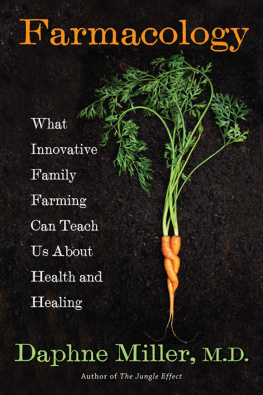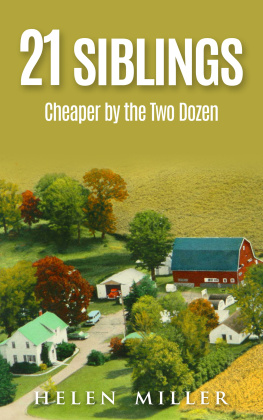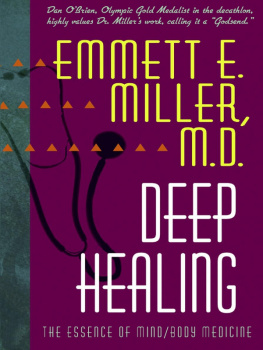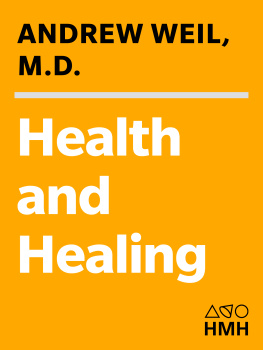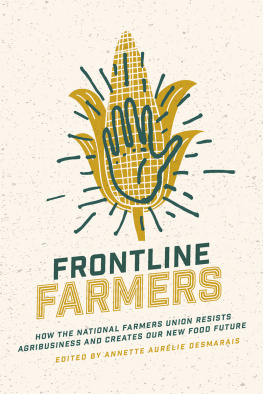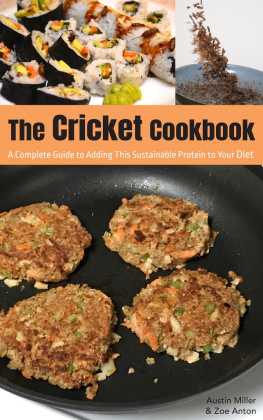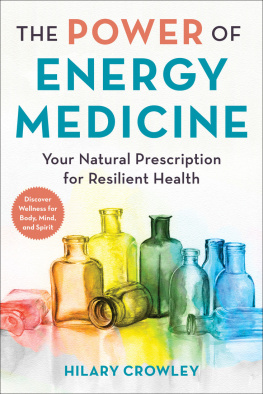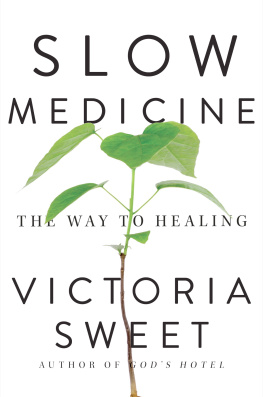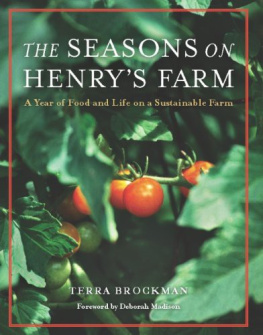Daphne - Farmacology: What Innovative Family Farming Can Teach Us About Health and Healing
Here you can read online Daphne - Farmacology: What Innovative Family Farming Can Teach Us About Health and Healing full text of the book (entire story) in english for free. Download pdf and epub, get meaning, cover and reviews about this ebook. year: 2013, publisher: William Morrow, genre: Romance novel. Description of the work, (preface) as well as reviews are available. Best literature library LitArk.com created for fans of good reading and offers a wide selection of genres:
Romance novel
Science fiction
Adventure
Detective
Science
History
Home and family
Prose
Art
Politics
Computer
Non-fiction
Religion
Business
Children
Humor
Choose a favorite category and find really read worthwhile books. Enjoy immersion in the world of imagination, feel the emotions of the characters or learn something new for yourself, make an fascinating discovery.
- Book:Farmacology: What Innovative Family Farming Can Teach Us About Health and Healing
- Author:
- Publisher:William Morrow
- Genre:
- Year:2013
- Rating:3 / 5
- Favourites:Add to favourites
- Your mark:
Farmacology: What Innovative Family Farming Can Teach Us About Health and Healing: summary, description and annotation
We offer to read an annotation, description, summary or preface (depends on what the author of the book "Farmacology: What Innovative Family Farming Can Teach Us About Health and Healing" wrote himself). If you haven't found the necessary information about the book — write in the comments, we will try to find it.
In Farmacology, practicing family physician and renowned nutrition explorer Daphne Miller brings us beyond the simple concept of food as medicine and introduces us to the critical idea that its the farm where that food is grown that offers us the real medicine.
By venturing out of her clinic and spending time on seven family farms, Miller uncovers all the aspects of farmingfrom seed choice to soil managementthat have a direct and powerful impact on our health. Bridging the traditional divide between agriculture and medicine, Miller shares lessons learned from inspiring farmers and biomedical researchers and artfully weaves their insights and discoveries, along with stories from her patients, into the narrative. The result is a compelling new vision for sustainable healing and a treasure trove of farm-to-body lessons that have immense value in our daily lives.
In Farmacology you will meet:
- a vegetable farmer in Washington State who shows us how the principles he uses to rejuvenate his soil apply just as well to our own bodies. Here we also discover the direct links between healthy soil and healthy humans.
- a beef farmer in Missouri who shows how a holistic cattle-grazing method can grow resilient calves and resilient children.
- an egg farmer in Arkansas who introduces us to the counterintuitive idea that stress can keep us productive and healthy. We discover why the stressors associated with a pasture-based farming system are beneficial to animals and humans while the duress of factory farming can make us ill.
- a vintner in Sonoma, California, who reveals the principles of Integrated Pest Management and helps us understand how this gentler approach to controlling unwanted bugs and weeds might be used to treat invasive cancers in humans.
- a farmer in the Bronx who shows us how a network of gardens offers health benefits that extend far beyond the nutrient value of the fruits and vegetables grown in the raised beds. For example, did you know that urban farming can lower the incidence of alcoholism and crime?
- finally, an aromatic herb farmer in Washington State who teaches us about the secret chemical messages we exchange with plantsmessages that can affect our mood and even keep us looking youthful.
In each chapter, Farmacology reveals the surprising ways that the ecology of our body and the ecology of our farms are intimately linked. This is a paradigm-changing adventure that has huge implications for our personal health and the health of the planet.
Daphne: author's other books
Who wrote Farmacology: What Innovative Family Farming Can Teach Us About Health and Healing? Find out the surname, the name of the author of the book and a list of all author's works by series.

